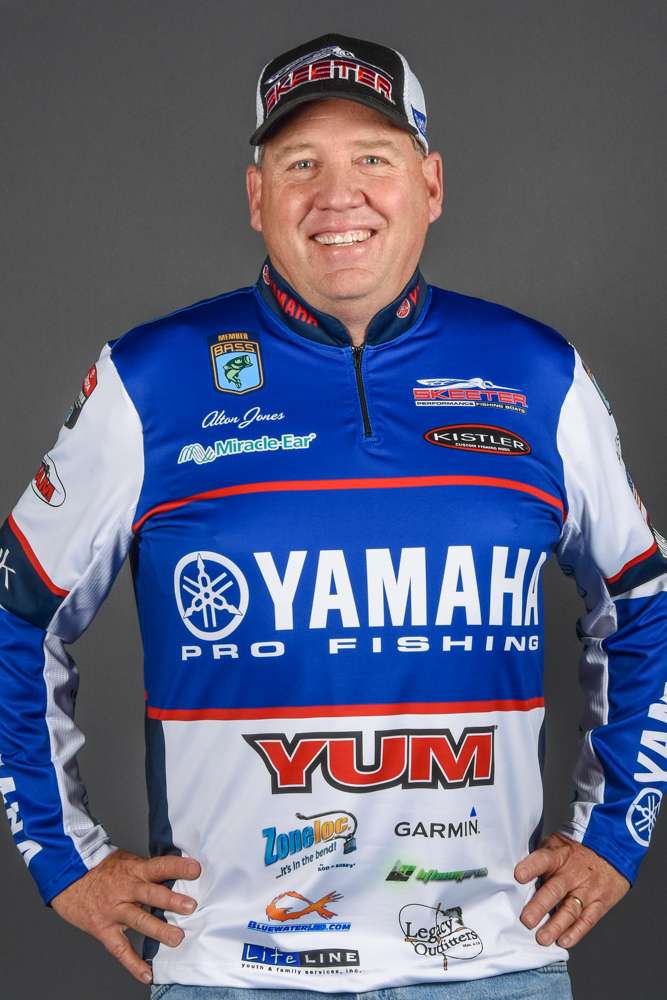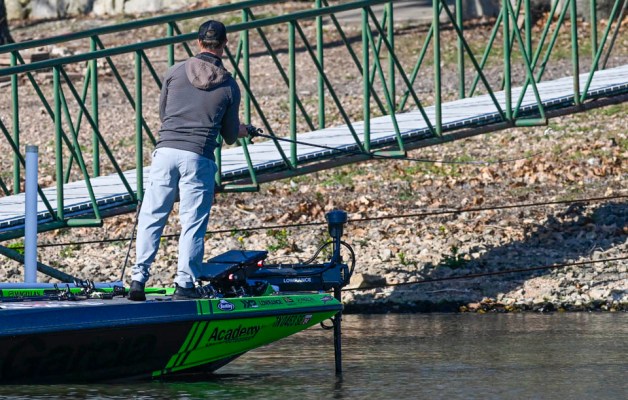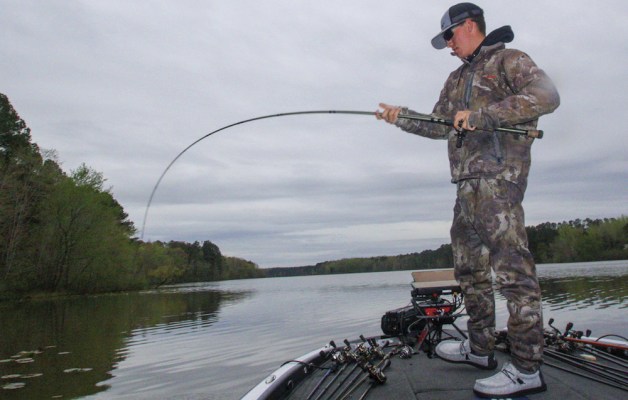One of the questions I get a lot from fans and casual anglers is how I go about practicing for a tournament and what my goals are in preparing for an event. It’s a great question, and something I think about a lot. Over the years, I’ve developed a multi-pronged system for practice.
Cover water
My primary goal in tournament practice is to cover water. That one goal actually helps me to accomplish several things, including finding bass. But something just as important as finding bass is eliminating water. Sometimes, to find out where they are, you need to figure out where they’re not. So eliminating water is vital to me.
In the process of finding bass, I’m also making assessments about their size and number. Are they of the “quality” I’ll need to do well in the tournament? Are there enough of them to last all four days, or will I need patterns or areas? These are the kinds of questions you can answer by effectively covering water in practice.
Minimize catches
Even though I want to catch some bass in practice (mostly because I need an idea of how big they are in order to properly assess an area or pattern), I really want to limit just how many bass I catch.
My method of avoiding catching too many bass in practice is to bend down or remove the hooks from the baits I use before the tournament. With treble-hooked baits, like crankbaits and jerkbaits, I usually bend down all but one of the hooks. If I leave one hook in its usual position, the bass that strike will often hold on long enough that I can get a look at them and determine their size. Once I’ve done that to one or two, I’ll probably bend all the hooks down.
With a single-hook lure like a jig, I’ll often clip the hook off completely and just count the number of bites I get. That’s not an exact count of the number of bass in an area, of course, because one bass might bite the bait multiple times, but it’ll give me a general idea of what’s there.
Create a “list”
Ultimately, I want to create a “list” of places I think are worth fishing during competition. This list is the most important thing I create in practice, and I treat it very seriously.
Folks sometimes ask me if I ever go and re-check a spot I found in practice just before the tournament starts. The answer is “No.”
Only two things can happen when you re-check a spot that’s already on your list. First, you could catch a bass there that you probably won’t be able to catch again once the tournament starts. Second, if you could not catch a fish right away and it will cause you to lose confidence in the spot. Either way, you’ve hurt yourself.
I hope my friends and fans will follow me on Facebook and Twitter. I try to stay active there and to keep things interesting.





